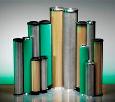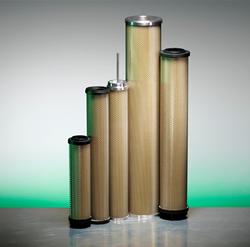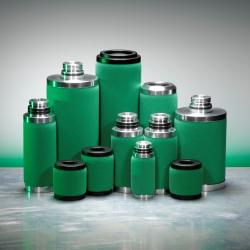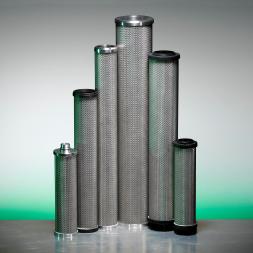
Contaminants are always present in the air, from tiny particles to moisture and oil traces. Consequently, compressed air also contains these contaminants. When air is compressed into a smaller space, the quantity of contaminants per cubic meter significantly increases.
This presents a real problem because these contaminants can seriously damage production processes, the compressed air system itself, tools, and final products. For example, excessive moisture leads to corrosion and bacteria formation, increasing maintenance costs and reducing equipment lifespan. Untreated air can harm expensive equipment and compromise the quality of final products, especially in sensitive sectors like food and pharmaceutical, leading to consumer risks and high downtime costs.
Using Air Line Filters is crucial because they purify compressed air of solid, liquid, and gaseous contaminants. Investing in the correct air line filters offers numerous benefits:
 |
Various types of filters exist, often used in series to achieve the desired purity:
|
|
The choice of the appropriate filter depends on factors such as the required dew point, air quality (ISO 8573-1 standard), system pressure and flow rate, air temperature, the type of contaminants, and the maintenance required. |
 |
 |
Air Line Filters are not an additional cost, but a critical investment for the health and efficiency of any compressed air system. |
Do you have a specific application in mind for which you’re looking for a downstream filter? Feel free to contact us; we’ll help you find the most efficient and long-lasting solution for your needs!